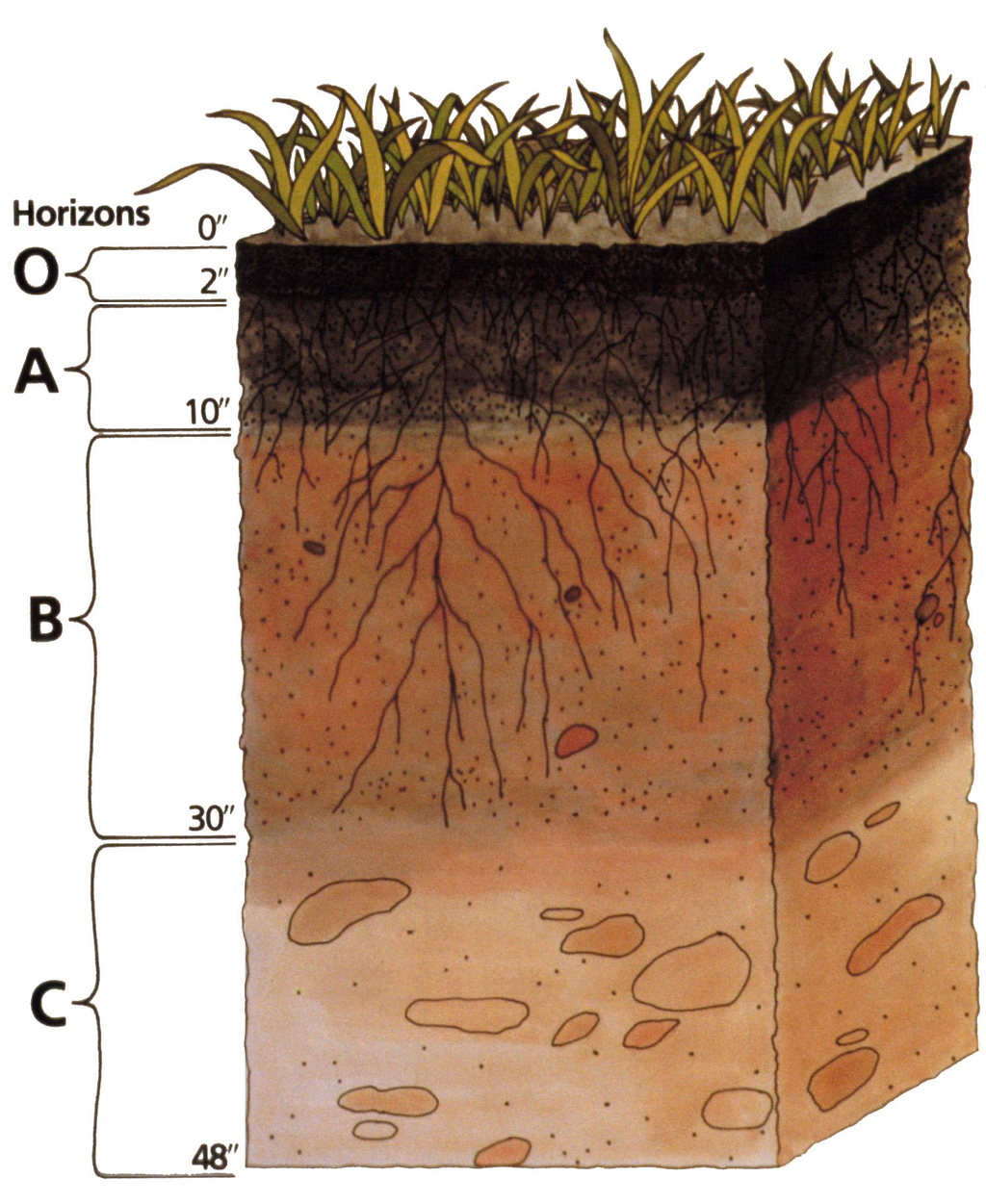Sixty Hours of Dirtball Science
Listening to Christian Shorey's Earth and Environmental Systems Lectures
Why have I been ogling 19th century geological maps of Canada?
Most of the blame is due to Professor Christian Shorey at the Colorado School of Mines.
A terroir-minded friend directed me to Shorey’s lectures from his SYGN 101 / GEGN 101 Earth and Environmental Systems class and months later I’m reciting the chemical composition of the Earth and researching the crisis of soil erosion - a problem that Professor Shorey ranks equally if not more worrying than global warming.
A review of his GEGN 101 podcast from iTunes:
I especially enjoyed the big story part of the lecture series. The breadth and depth was remarkable. It was a pleasure hearing Dr. Shorey speak. he had a nice tone pace, and perspectives, and occasional humor between the facts. I’d be curious to hear what Dr. Shorey has to say 10 years after the making of the series. And all the subject matter is still so relevant!
As many similar gushers, Professor Shorey makes good work of this “big habitable dirt ball of ours” without talking down to his audience. He presumes your interest but you learn you’d benefit from following up on the timescales, rock and mineral categories.
He recorded the lectures solo to help his students get deeper into the course topics and figured smartly that the series would be of interest to listeners farther afield.
With helpful mnemonics – the timescale of the universe scaled down to a single day – and memorable allusions – drillers destroying bits on heat-hardening caliche when famously rescuing an 18 month-old girl at the bottom of a well as pictured above – the lectures, despite their length, tease out the listener’s curiosity.

Although you might shirk Shorey’s advice to memorize your minerals and rocks, diagrams for Bowen’s Reaction Series and soil horizons as above – not to mention photos of sub-glacial volcanoes lioke Mount Redoubt below – will complement your listening.
Eventually you could sit down with these flashcards from his more diligent students. And if you are more pedagogically inclined but technically averse, you might enjoy his discussion below about how he made the podcast as well as the videos for his Earth Exploration class.
